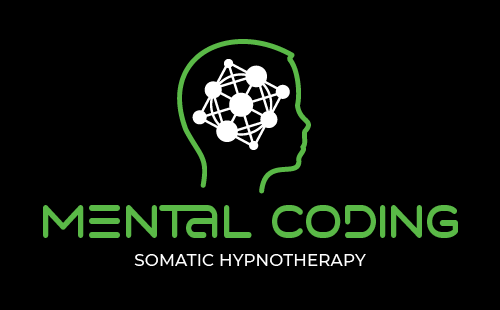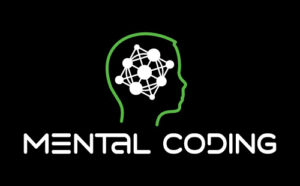In a world of theory, building a house of cards is easy.
All it takes is the students of theory to adopt a few flawed presuppositions as truth and then use those truths to build new theories.
And since the limitations of our technology mean psychology is mostly a realm of theory, there have been a few truths circulated around as common knowledge that has helped to create a cage keeping people trapped with their trauma.
You’ve probably heard of several of these and probably accepted them as truth without realizing it.
However, not knowing how to do something is not the same as not being able to do it all, and thus, what is considered truth can often be just a limitation on what can be done.
Misconception #1: The older someone is, the harder it is for them to change and heal. Absolutely false. The only reason this is considered valid is because psychology largely abandoned memory regression as a practice due to controversies in its initial development. A huge focus of my work was on revitalizing this area, mastering it, and innovating the work. I have some testimonials coming out of people healing trauma from when they were children 60 or 70 years ago.
Misconception #2: Nothing can be done for people with personality disorders except for medication. If you are not self-aware of your own patterns of trauma, then you have a personality disorder. If you are self-aware, then you have childhood trauma or generational trauma. I met the criteria for a borderline personality diagnosis five years ago. I no longer do. It took some work, but I’ve wholly disproven this idea.
Misconception #3: Some personality disorders are genetic and can’t be healed. There is obviously a genetic element to our trauma, but this genetic element is represented in the dream world of the subconscious mind as past life or genealogical memory. Regressing people back to these memories and working through the emotions in the body causes emotional and behavioral change, the same as doing it with childhood or adult trauma memories. Epigenetics is a thing, and the mind clearly can adjust its genetic elements to the environment.
Misconception #4: The body healing trauma is a long, slow process. Most of the tools offered in a somatic healing course taught by licensed professionals within the mental health system make it so. If you do nothing but yoga, mindful meditation, and breathing exercises and leave the healing to the dreaming process during the third stage of sleep, then yes, it will take years. If you use the tools I give you to willfully go into the emotions and memories trapped in your body and work with timelines, then it will greatly accelerate the process.
Misconception #5: You will always have trauma. You will always be on that old timeline of trauma, because you are always talking about it, coping it, managing it and healing it. What we think of as psychological and emotional trauma in the present are signals and defensive mechanisms built to protect us from a threat in the environment. For the healing process to complete, there has to be a shift into a new timeline and a new environment so all the old defensive mechanisms and signals can go dormant.
Misconception #6: Going too quickly and heavily into emotions can be harmful and dangerous. Therapists who have never been through a healing journey will often project their own discomfort with difficult emotions as a kind of actual psychological limitation that exists. Truth is healing trauma is not the same as experiencing trauma. What happens in all cases when the window of tolerance is exceeded is a defensive mechanism is tripped that shuts down the whole process. The only time it’s dangerous is when you are in a room with a guy whose defensive mechanism is to make you the source of the negative emotions and start a fist fight with you.
The natural state of the mind is the emotional state when we were about the age of 4. The mind is always trying to heal and return to that. The real issue is we don’t know how to let it.
To learn how, join the waiting list for the Trauma Reversal Program.
https://mental-coding.com/trauma-reversal-journey/


